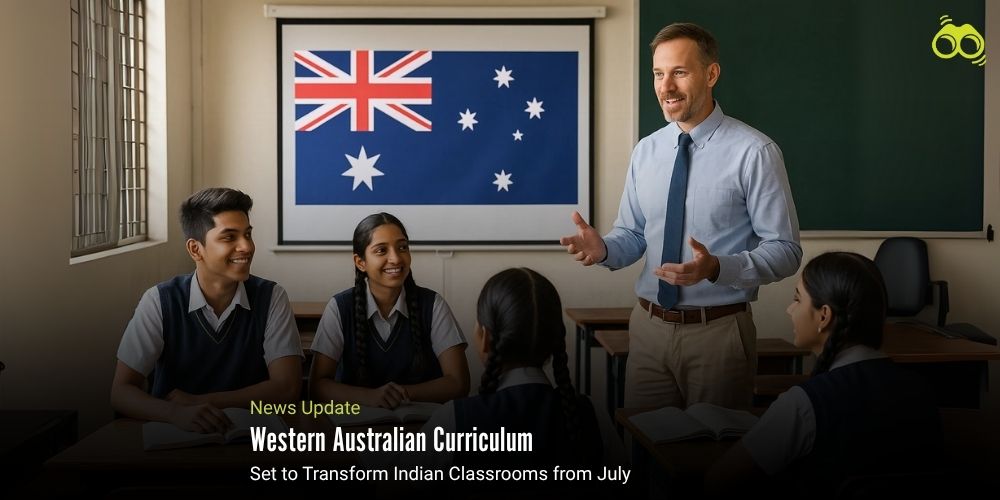WACE Gains AIU Recognition, Paves Way for Indian University Admissions
Australian WACE Curriculum Set to Launch in Indian Schools from July
The Western Australian Certificate of Education (WACE) was reported to have become the first foreign government-backed school board to commence operations in India in over two decades. Sources indicated that its rollout would begin with a pilot phase in selected Indian schools from July, with plans to expand to 100 partner institutions across the country during the 2025–26 academic year. Administered by the School Curriculum and Standards Authority (SCSA) of Western Australia, WACE was said to have received equivalence recognition from the Association of Indian Universities (AIU). This recognition ensures that WACE’s Year 10 and Year 12 qualifications are considered valid for admission to Indian universities.
Observers noted that WACE’s formal entry into the Indian education sector followed earlier initiatives by Australian universities such as Deakin University and the University of Wollongong, both of which were in the process of establishing campuses in Gujarat’s GIFT City. WACE was described as promoting a skills-based, inquiry-driven approach intended to shift students away from rote learning and high-stakes examinations. Assessment is expected to include a mix of internal coursework and external moderation.
A key component of the programme is the Australian Tertiary Admission Rank (ATAR), a globally recognised university entrance score. This allows students to apply directly to institutions in countries such as Australia, the United Kingdom, and the United States, often without needing additional standardised tests.
In terms of affordability, WACE was reported to be up to 65 per cent more cost-effective than other international boards currently operating in India. Observers suggested that this cost advantage could broaden access to internationally recognised education for a wider demographic. Meanwhile, India already hosts several established international school curricula, each with distinct academic structures and global acceptance. The International Baccalaureate (IB), headquartered in Switzerland, is reportedly offered in over 200 Indian schools. Its curriculum, comprising the Primary Years Programme (PYP), Middle Years Programme (MYP), and Diploma Programme (DP), places strong emphasis on global citizenship, independent research, and conceptual understanding.
Additionally, Cambridge Assessment International Education (CAIE), formerly known as CIE, is a UK-based curriculum delivered under the IGCSE and A-level frameworks. Offered in more than 500 Indian schools, it is known for its flexibility in subject choices and broad acceptance by universities worldwide. Edexcel is similarly recognised for its structured assessments and close alignment with the UK national curriculum, offering another British option for international education in India. By contrast, the Advanced Placement (AP) programme, administered by the College Board in the United States, is not a full curriculum but provides college-level courses and examinations in subjects such as Calculus, Physics, and Psychology. Elite international schools in India typically offer it as a supplement to existing curricula. The Indian international education landscape is becoming increasingly diverse, with the entry of WACE further expanding academic choices for students across the country.
Editor’s Note:
India’s school system is changing fast, and that’s a good thing. The entry of the Western Australian Certificate of Education (WACE) adds much-needed variety to a space long dominated by a few familiar names. What makes WACE stand out is not just its government backing, but its focus on skills, inquiry, and affordability, three things our education system often struggles with. Too many students in India still face pressure to memorise facts instead of learning how to think. WACE seems to be offering a smarter way forward, with practical assessments and less focus on exams. The fact that it’s recognised by Indian universities and also accepted abroad gives students more flexibility and bigger dreams.
Skoobuzz highlights that international education in India has often been expensive and out of reach for many. If WACE can really deliver quality at a lower cost, it could open doors for a lot more students.














0 Comments (Please Login To Continue)